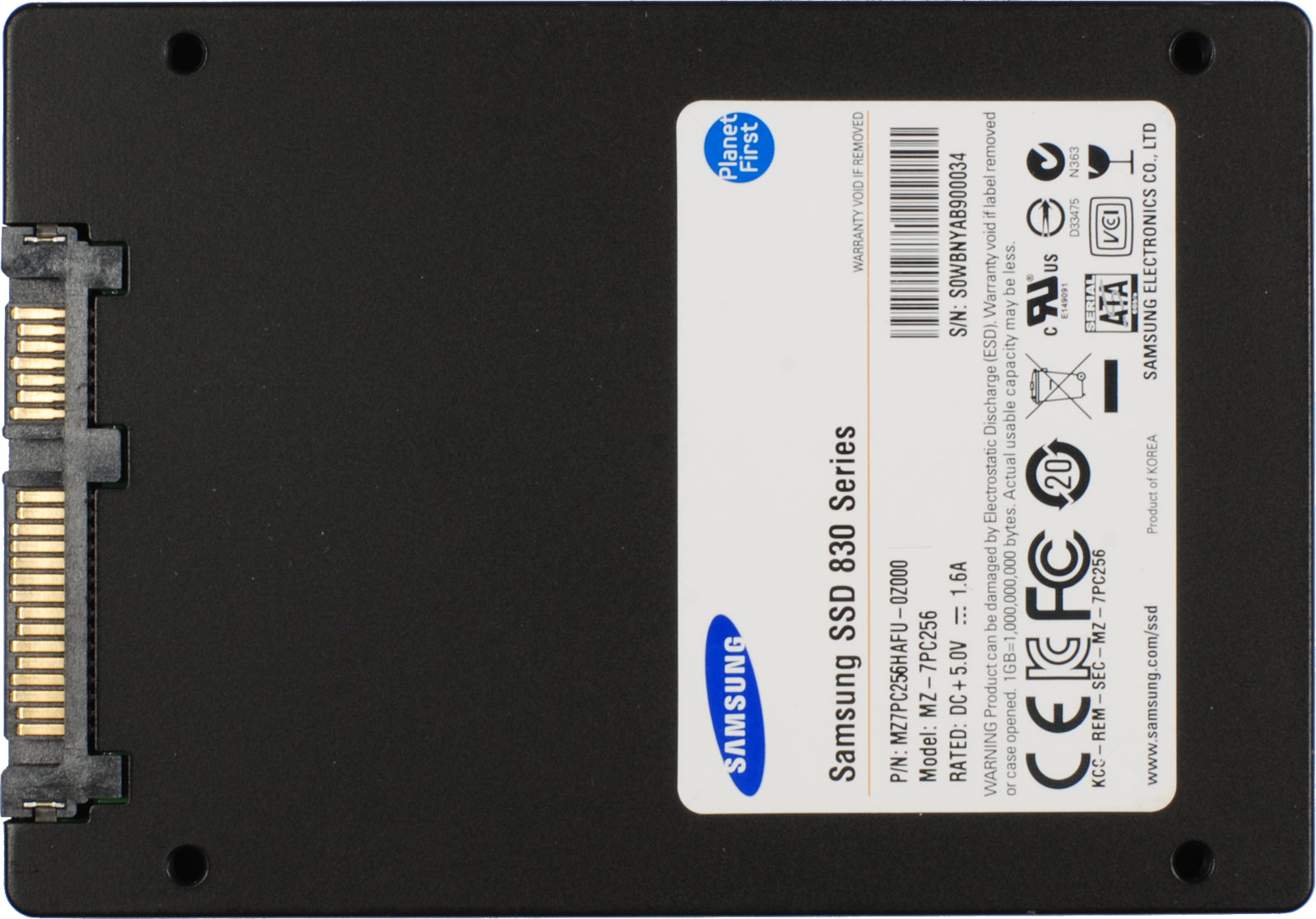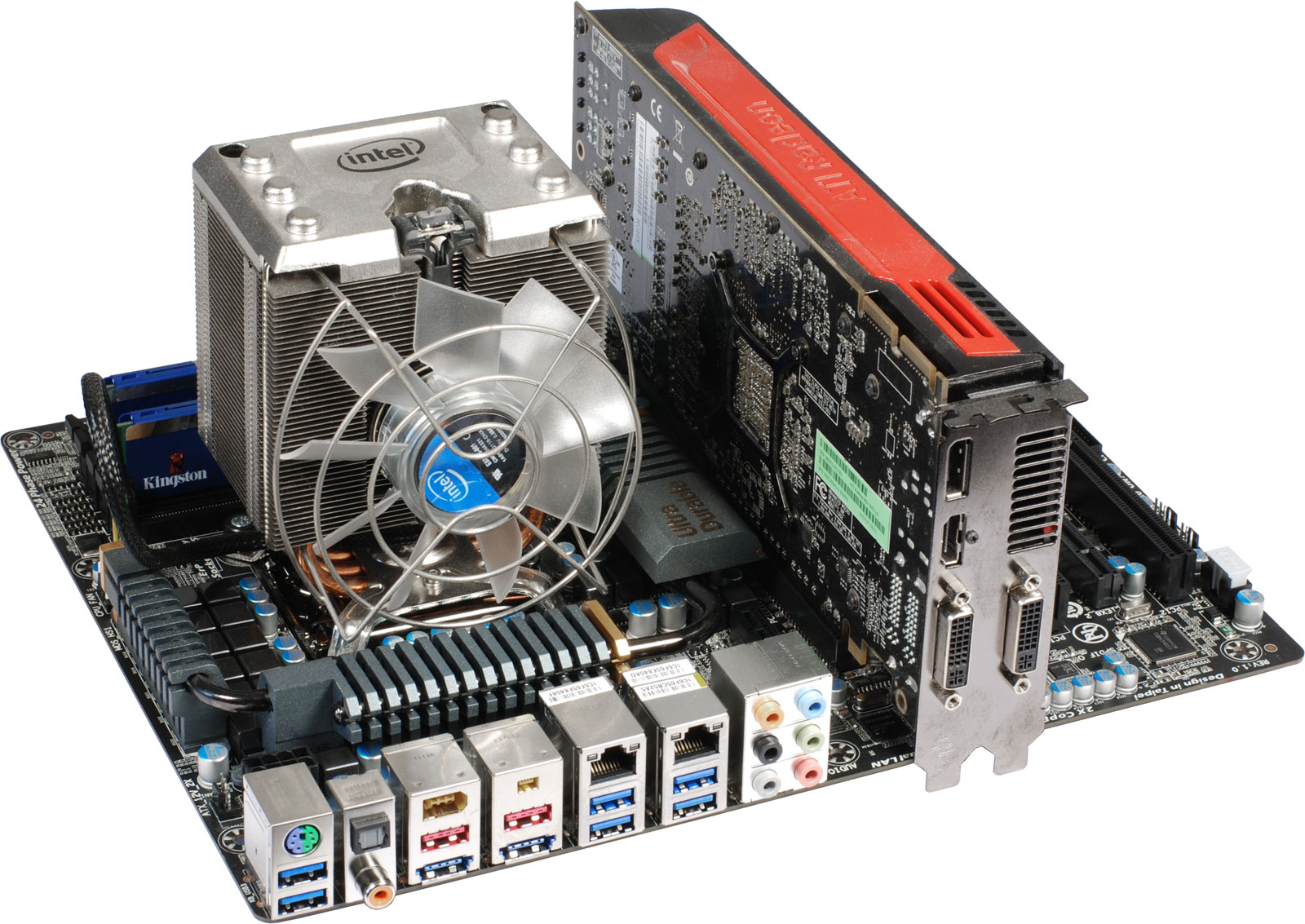Freeing Up Capacity On An SSD With NTFS Compression
Flash-based solid-state drives with more than 64 or 128 GB of capacity are fairly small, but they're still really expensive relative to hard drives. Compressing the Windows partition frees up some space, but is that really a good idea?
Test Setup And Benchmarks
How much does NTFS compression affect the performance of a system equipped with an SSD? We already know that SandForce's technology employs compression to help achieve its impressive performance results, so we wanted to try a drive that doesn't already lean on compression. So, we grabbed one of Samsung's newer 830-series drives and compared its performance with compression turned on and off.
Test configuration
| System Hardware | |
|---|---|
| Hardware | Details |
| CPU | Intel Core i5-2500K (32 nm, Sandy Bridge, D2), 4C/4T, 3.3 GHz, 4 x 256 KB L2 Cache, 6 MB Shared L3 Cache, w/ HD Graphics 3000, 95 W TDP, 3.7 GHz max. Turbo Boost |
| Motherboard (LGA 1155) | Gigabyte Z68X-UD7-B3, Revision: 1.0, Chipset: Intel Z68, BIOS: F9C |
| RAM | 2 x 4 GB DDR3-1333, Kingston KHX1600C9D3K2/8GX |
| System SDD | Samsung SSD 830, 256 GB, SATA 6Gb/s |
| Controller | Intel PCH Z68 SATA 6Gb/s |
| PSU | Seasonic X-760 760 W, SS-760KM |
| Benchmarks | |
| Performance Measurements | SYSmark 2012 PCMark 7 1.0.4 |
| System Software & Drivers | |
| Driver | Details |
| Operating System | Windows 7 x64 Ultimate SP1 |
| Intel Inf | 9.2.0.1030 |
| Intel Rapid Storage | 10.6.0.1002 |
| AMD Catalyst | 11.8 |
Get Tom's Hardware's best news and in-depth reviews, straight to your inbox.
Current page: Test Setup And Benchmarks
Prev Page NTFS Is 19 Years Old Next Page NTFS Compression In Practice-
compton I've been wondering about this very topic for a while now.Reply
However, in the conclusion, it is stated that compression ends up writing more vs. uncompressed NTFS, thus consuming more PE cycles. Shouldn't the opposite be true? When writing to the file system, if a file is compressible it should take up less space and therefore conserve more PEs (though actually compressing the files for the first time should result in more writes).
Why does on-the-fly compression result in more writes even though the amount to be written is smaller? -
husker An interesting article, but seems a bit contradictory. Kind of like buying a Ferrari and then worrying about the gas mileage.Reply -
because when you modify even just one byte of a file that is compressed, you can end up changing a significant portion of the file, not just that byte. it's good if you can fit the change in one block erase; what if you can't? you'll end up writing more info on the "disk" then.Reply
-
clonazepam I'd been wondering how I would fit the 20+gb necessary for sw:tor on the ssd (i said this previously, in the recent games on ssd vs hdd article). It'd be interesting to see the titles tested in that article with full drive ntfs compression on and off.Reply -
Marcus52 clonazepamI'd been wondering how I would fit the 20+gb necessary for sw:tor on the ssd (i said this previously, in the recent games on ssd vs hdd article). It'd be interesting to see the titles tested in that article with full drive ntfs compression on and off.Reply
Keep in mind, whatever storage option you use, you need room to install updates on top of installing the game, most especially for MMOGs. This means room to download the update AND install it.
;) -
BrightCandle Presumably this negatively impacts Sandforce based drives more than the Samsung by making the data stored compressed? Any chance you can do this with a Sandforce drive to see the impact?Reply -
acku cruizerbecause when you modify even just one byte of a file that is compressed, you can end up changing a significant portion of the file, not just that byte. it's good if you can fit the change in one block erase; what if you can't? you'll end up writing more info on the "disk" then.Reply
Correctomundo. Compression involves replace repeated occurrences of data with references to a single copy of that data existing earlier in the input (uncompressed) data stream. That's why it's not right to think of a compressed archive as a container that stores any given file into a discrete space. If anything, the files kind of overlap in a big mixing pot.
When you compress on the fly, you have to completely decompress all the files in an archive and recompress it when you're done. Hence it's all random transfers for the most part.
BrightCandlePresumably this negatively impacts Sandforce based drives more than the Samsung by making the data stored compressed? Any chance you can do this with a Sandforce drive to see the impact?
It's not a sequential transfer. Plus it's already precompressed data. Nothing SandForce can do about it. SandForce, Samsung, it's not going to make a difference.
Cheers,
Andrew Ku
TomsHardware.com -
jemm SSDs manufactures do something in order to make it to the markeplace unexpensivelly! Economies of scale?Reply
-
chesteracorgi Do you have any data on how much using compression shortens the life cycle of the SSD? It would be most helpful as those with smaller SSDs are the likely candidates for using compression.Reply

